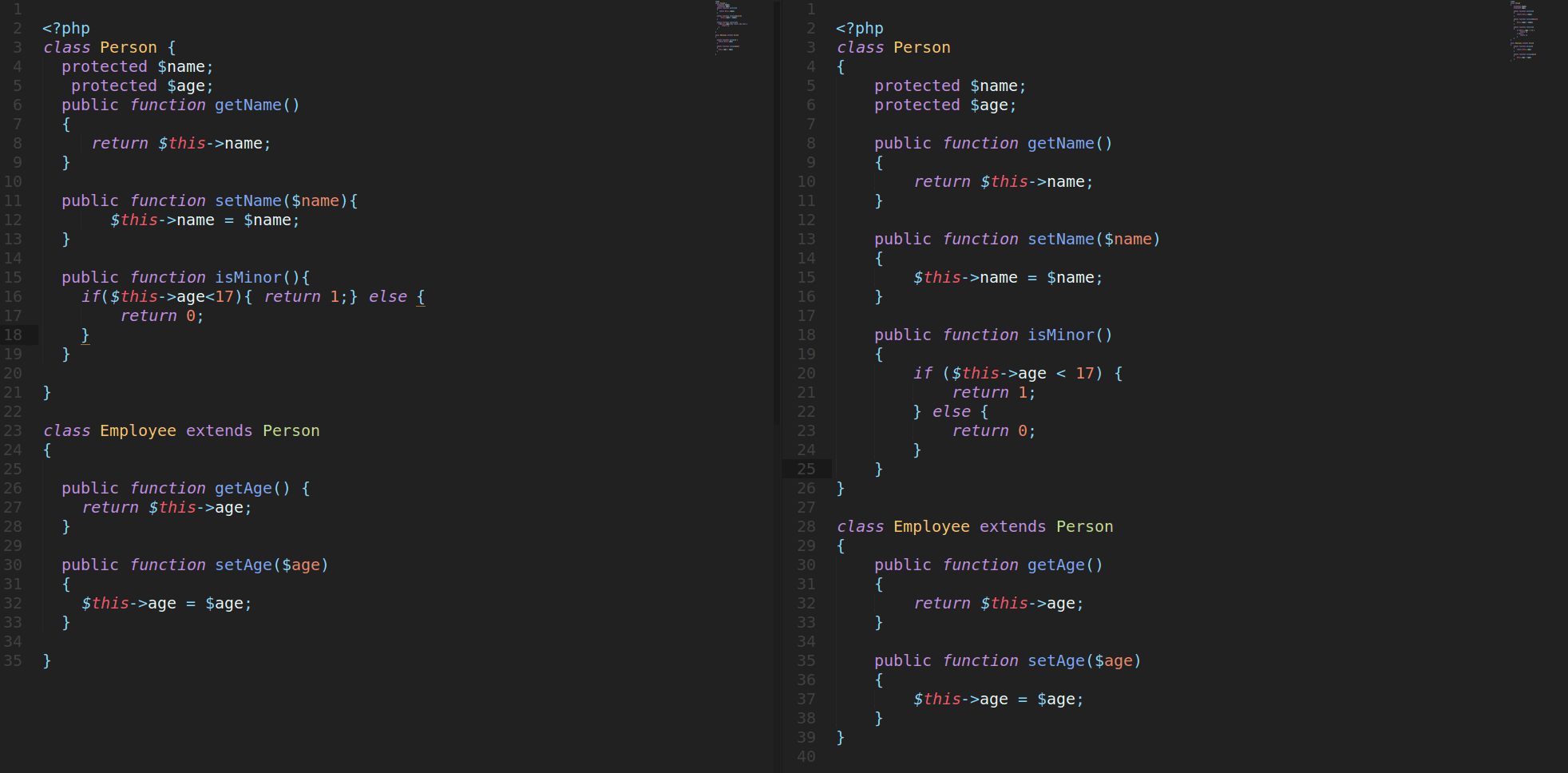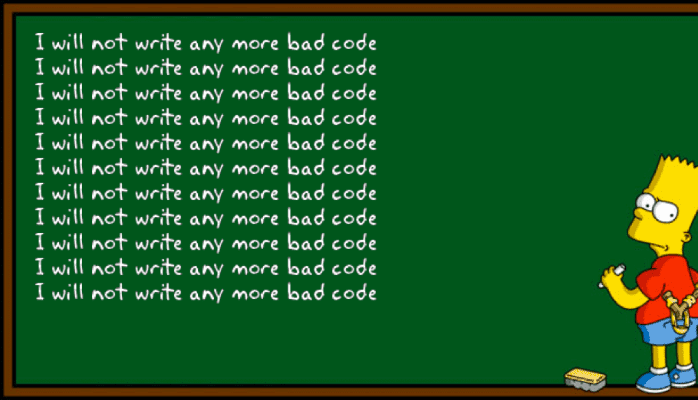POSTED IN TESTING, BLOG
How to add PSR-2 code check as unit test

Who is this article for?
This article is for developers who are looking to add PSR-2 code check to their project.
Before You Begin
I am going to assume you know what PSR-2 coding style entails. If you are not fully aware of what PSR-2 is, please take time and read about it.
Below are some good reads -
- https://www.php-fig.org/psr/psr-2/
- https://docs.opnsense.org/development/guidelines/psr2.html
- https://devticks.com/why-standards-are-so-important-in-development-b3ef973b02ad
Any fool can write code that a computer can understand. Good programmers write code that humans can understand.
Refactoring: Improving the Design of Existing Code, 1999. Martin Fowler.
Now that you have a basic understanding of what PSR-2 is, let's jump into implementing it. We are going to implement it as a Unit test called CodeStyleLinterTest.
Step 1 - Install Required Packages
PHP-CS-Fixer
This tool will verify your coding standards as defined in the PSR-1, PSR-2, etc., or other community-driven ones like the Symfony one. You can also define your (team's) style through configuration. You can read all about the package here - https://github.com/FriendsOfPHP/PHP-CS-Fixer. It even allows you to create custom rule-based on your requirements. Ok, so let's install it now to our PHP project
composer require friendsofphp/php-cs-fixer --devThe Process Component
The Process component executes commands in sub-processes. You can also use exec() but for security reason, I would recommend using the process component package.
composer require symfony/process --devAs I am going to use these two packages only for my development purposes only, I have added them as dev dependencies of my composer.json.
Step 2 - The Unit Test Case
Script
<?php
namespace Tests\Unit;
use Symfony\Component\Process\Process;
use function base_path;
use Tests\TestCase;
class CodeStyleLinterTest extends TestCase
{
// Add more path to test
const PATH_TO_TEST = [
'app',
'config',
'public/index.php',
'tests',
'database'
];
/** @test */
public function psr2()
{
$phpCsFixerPath = base_path('vendor/bin/php-cs-fixer');
// Let's check PSR-2 compliance for our code
foreach (self::PATH_TO_TEST as $path) {
$fullPath = base_path($path);
// Run linter in dry-run mode so it changes nothing.
$process = new Process([$phpCsFixerPath, 'fix', $fullPath, '--dry-run', '--allow-risky=no']);
$process->run();
// Exit code should be 0, else there is a problem with the PSR-2 compliance
$this->assertEquals(
0,
$process->getExitCode(),
$process->getOutput()
);
}
}
}I created this unit test for my laravel app, but you can use it for any PHP project. You can update the PATH_TO_TEST constant to include your directories or files you want to run the PSR-2 code check.
Conclusion
Having a simple PSR-2 does not ensure code quality; it only makes the code look pretty i.e., formatting. You should conduct regular code review session to go over your code.

Sources
- https://www.php-fig.org/psr/psr-2/
- https://docs.opnsense.org/development/guidelines/psr2.html
- https://devticks.com/why-standards-are-so-important-in-development-b3ef973b02ad
- https://github.com/FriendsOfPHP/PHP-CS-Fixer
- https://symfony.com/doc/current/components/process.html
- https://miro.medium.com/max/698/1*zXeTjYDcMSz-0w-os6qFUg.png